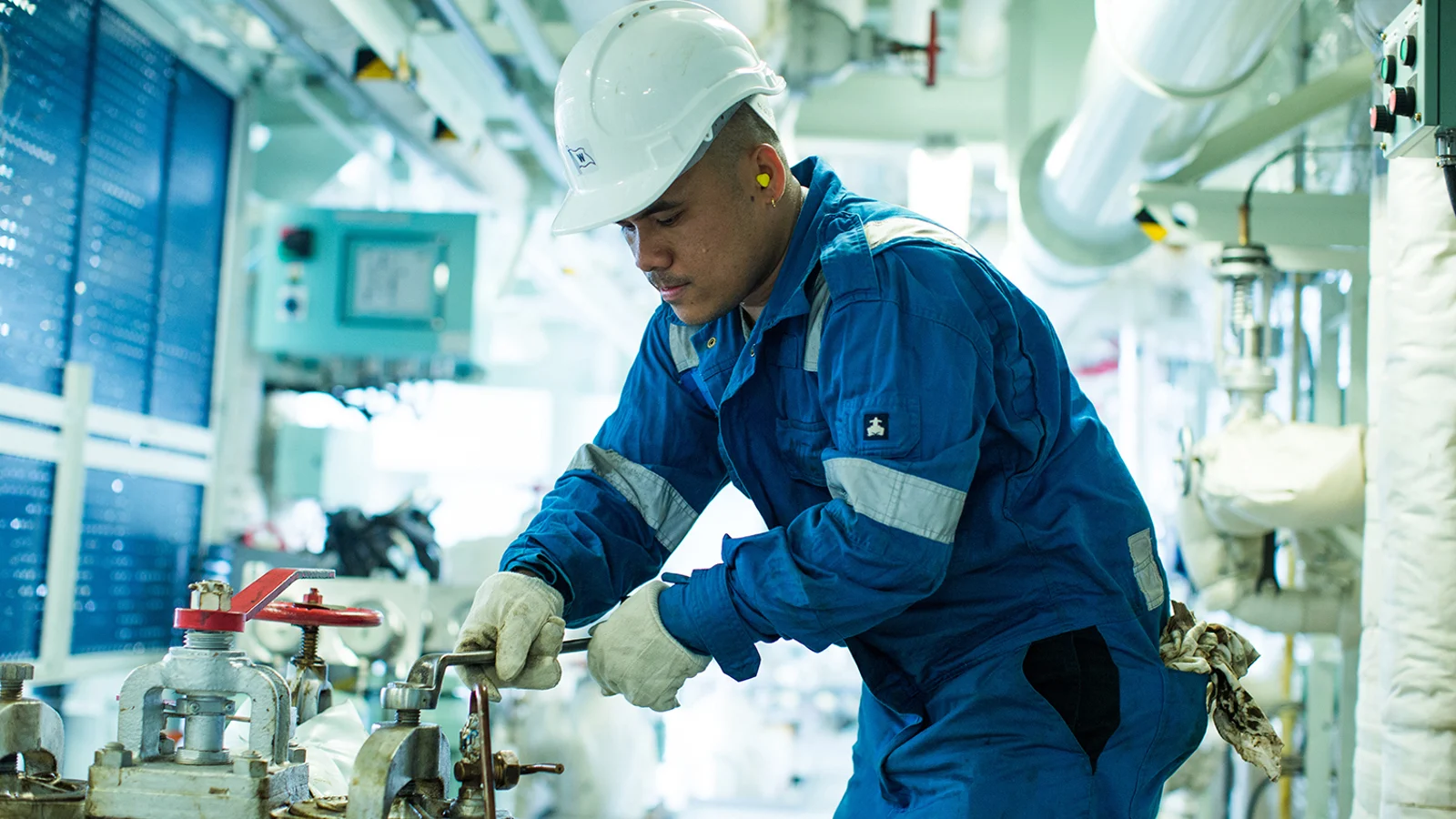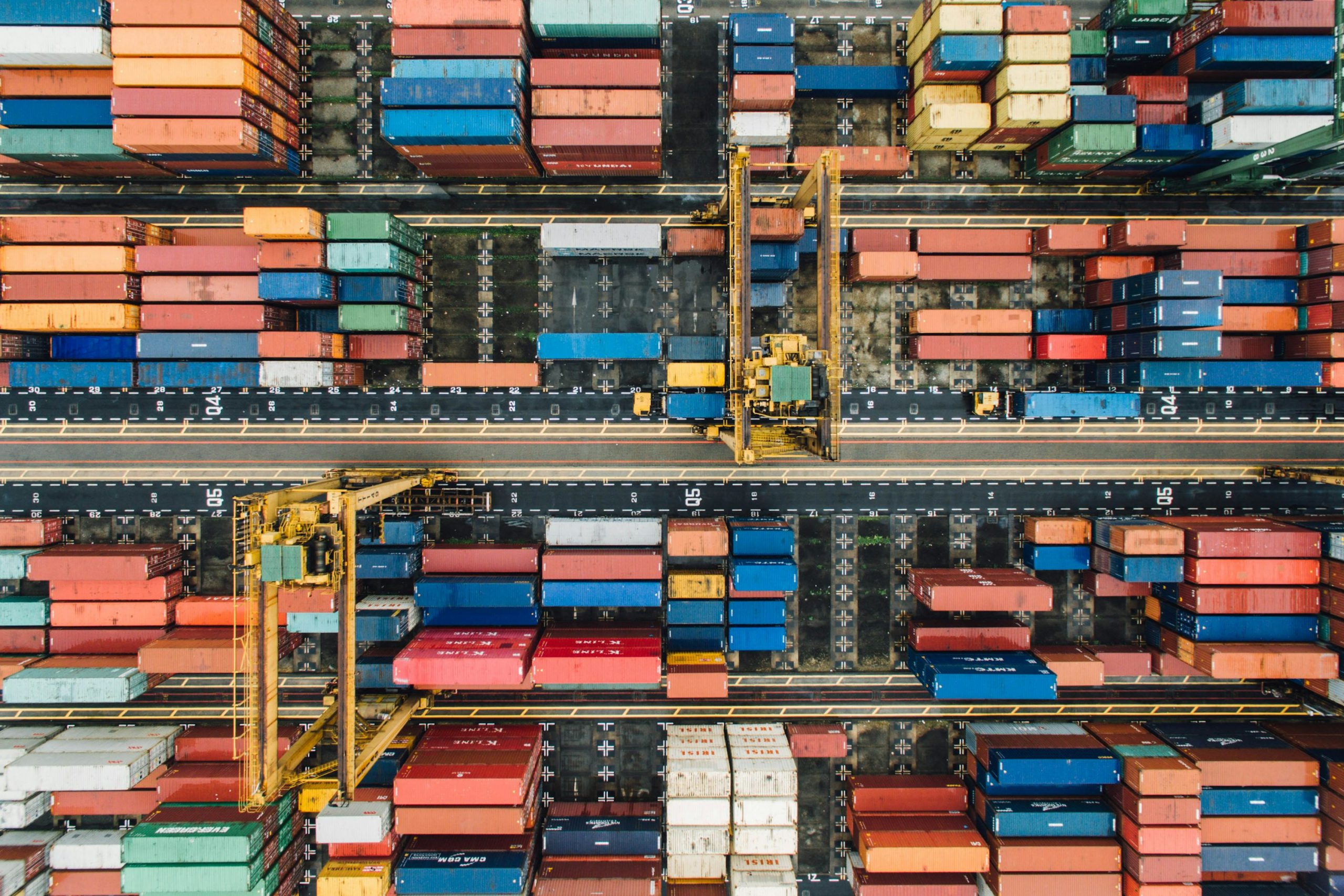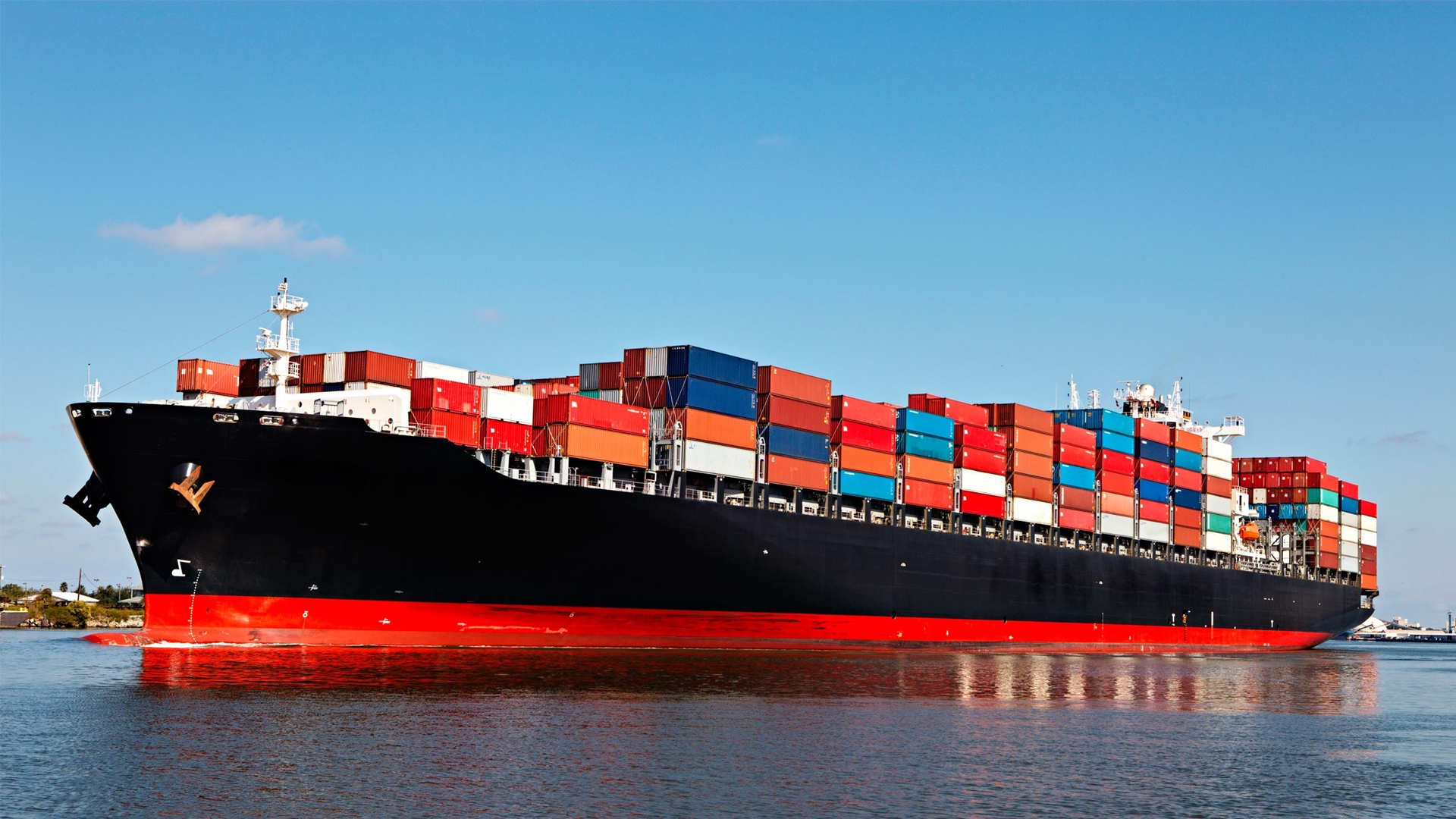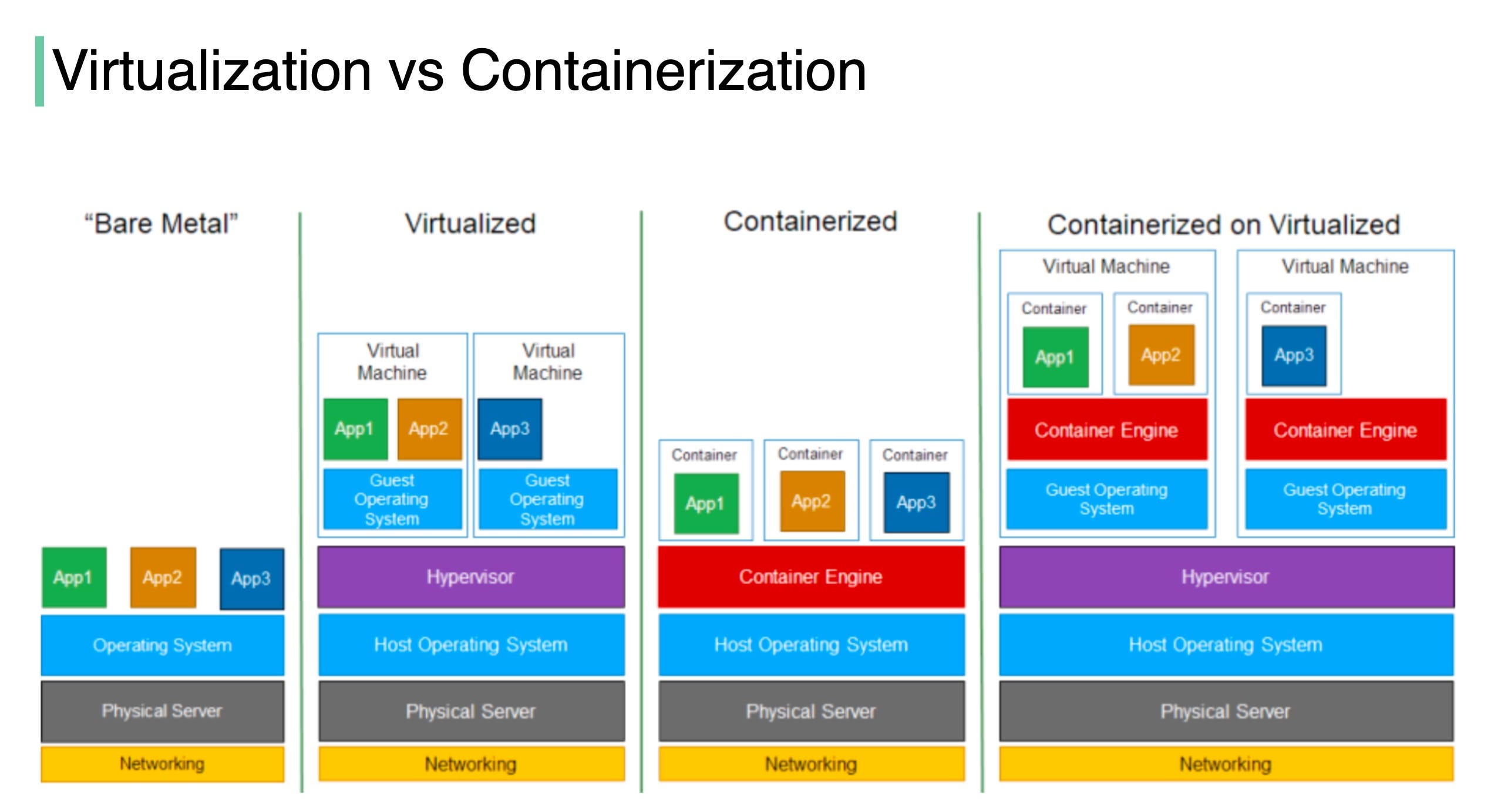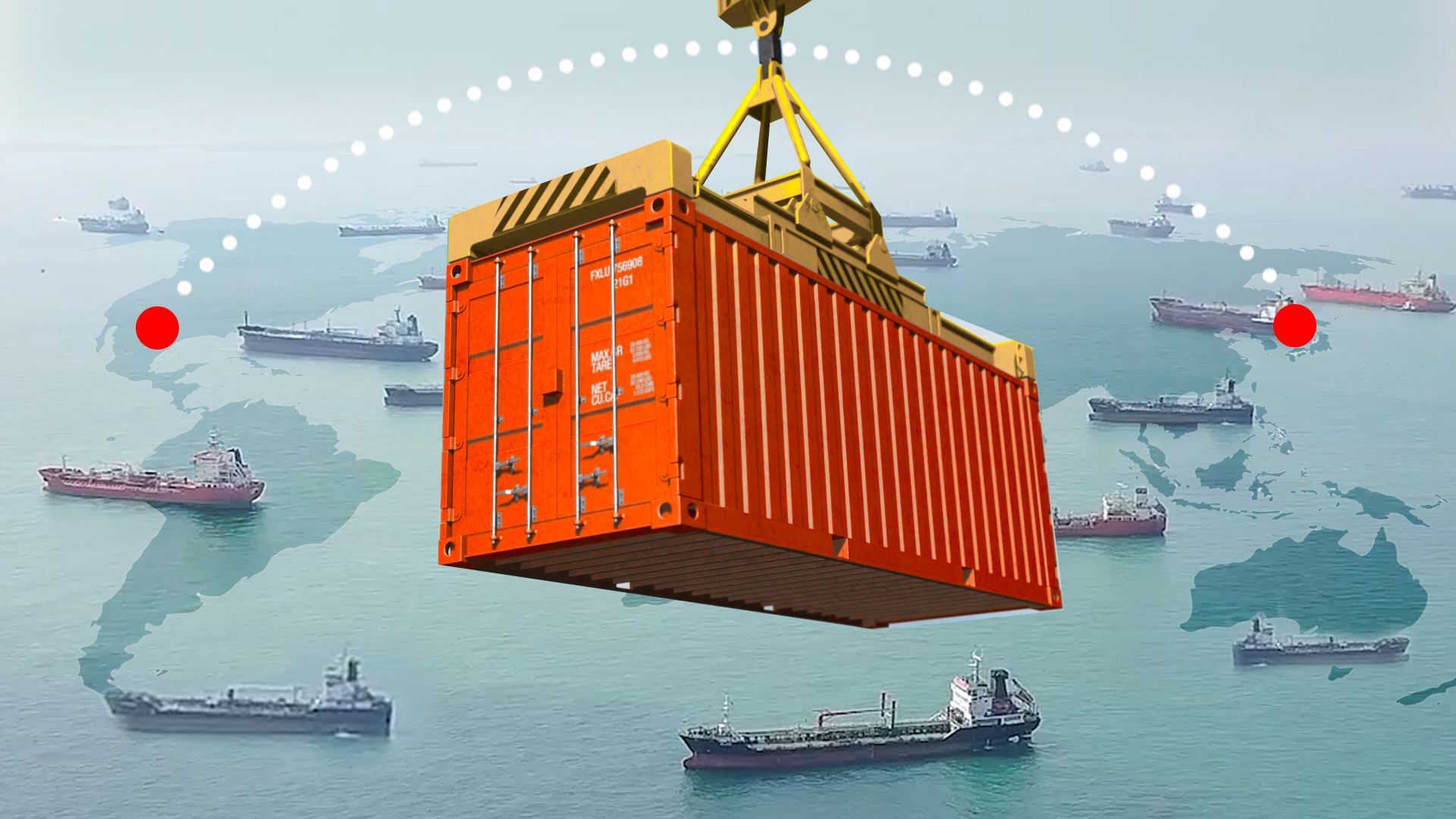Ship maintenance is a critical aspect of ensuring the safety, efficiency, and longevity of vessels. Regular maintenance and inspections are essential to prevent accidents, reduce downtime, and maintain regulatory compliance.
Key Areas of Ship Maintenance
- Hull Maintenance:
- Hull Cleaning: Removing marine growth, such as barnacles, to reduce drag and improve fuel efficiency.
- Hull Inspection: Checking for corrosion, damage, and structural integrity.
- Antifouling Coatings: Applying coatings to prevent marine growth.
- Engine and Machinery Maintenance:
- Regular Inspections: Checking engine components, such as pistons, cylinders, and valves, for wear and tear.
- Oil Changes: Changing engine oil and filters to ensure optimal performance.
- Overhauls: Conducting major overhauls of engines and machinery at regular intervals.
- Electrical Systems Maintenance:
- Inspecting and testing electrical wiring, switchboards, and control panels.
- Replacing faulty components and ensuring proper insulation.
- Plumbing and Piping Systems:
- Checking for leaks, corrosion, and blockages in pipes and fittings.
- Maintaining pumps, valves, and other plumbing equipment.
- Safety Equipment Maintenance:
- Inspecting and testing lifeboats, life rafts, fire extinguishers, and other safety equipment.
- Ensuring that emergency procedures are up-to-date and well-practiced.
- Navigation and Communication Systems:
- Calibrating and testing navigation equipment, such as radar, GPS, and charts.
- Maintaining communication systems, including radios and satellite phones.
Challenges in Ship Maintenance
- Remote Locations: Ships often operate in remote locations, making maintenance and repairs challenging.
- Harsh Conditions: Exposure to harsh marine environments can accelerate wear and tear on ship components.
- Complex Systems: Modern ships have complex systems that require specialized knowledge and expertise.
- Regulatory Compliance: Adhering to international maritime regulations and standards is essential.
By implementing effective maintenance practices, ship owners and operators can ensure the safety, reliability, and efficiency of their vessels. Regular inspections, timely repairs, and proactive maintenance are key to minimizing downtime and maximizing the lifespan of a ship.

